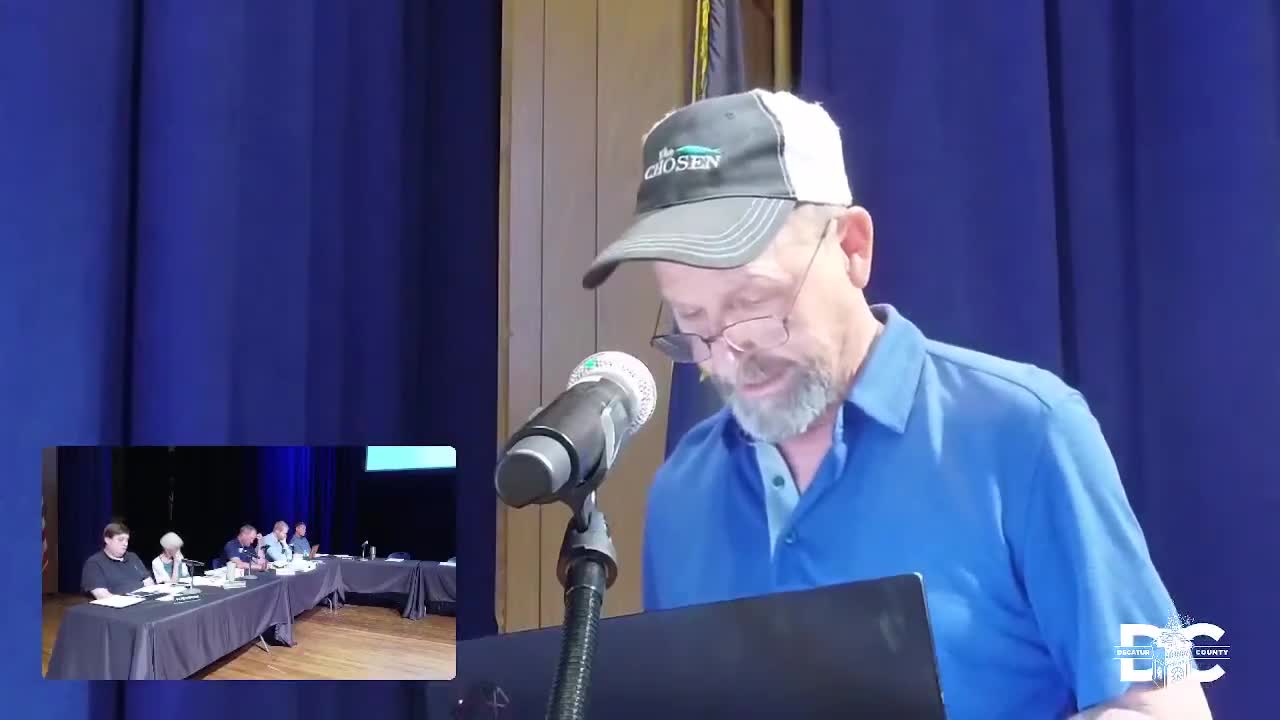BZA tables solar project discussion until August meeting after new community input
June 05, 2025 | Decatur County, Indiana
Thanks to Scribe from Workplace AI , all articles about Indiana are free for you to enjoy throughout 2025!

This article was created by AI using a video recording of the meeting. It summarizes the key points discussed, but for full details and context, please refer to the video of the full meeting. Link to Full Meeting
The primary focus of the meeting was the proposal for a solar energy facility that would occupy less than 3% of the county's farmland while contributing nearly 10% to the county's budget. Proponents argued that the project aligns with the county's comprehensive plan, which aims to prevent the permanent conversion of agricultural land to non-agricultural uses. The petitioner emphasized the importance of property rights, stating that landowners should have the freedom to develop their land as long as it complies with existing zoning ordinances.
However, the discussion revealed a divide among community members. Some expressed concerns about the visual impact of solar farms on neighboring properties, suggesting that the project has faced stricter scrutiny than other developments. This sentiment was echoed by an attorney representing a group of residents, who proposed postponing public comments until the next meeting to allow for a thorough review of the new information presented.
The board agreed to table the public comments and discussions until the next meeting, scheduled for August 6, 2025. This decision reflects the board's commitment to ensuring that all community voices are heard and that adequate time is given to digest the implications of the proposed project. The anticipated timeline for the project’s construction is estimated at 24 to 36 months, contingent on various factors, including regulatory approvals and potential changes stemming from recent legislative developments.
As the community awaits the next meeting, the outcome of this proposal remains uncertain. The discussions underscore the ongoing tension between advancing renewable energy initiatives and preserving the agricultural landscape that defines Decatur County. The board's decision to postpone public input indicates a recognition of the complexities involved and a desire to foster a more informed dialogue among stakeholders.
Converted from 06/04/2025 - APC/BZA Meetings meeting on June 05, 2025
Link to Full Meeting
Comments
View full meeting
This article is based on a recent meeting—watch the full video and explore the complete transcript for deeper insights into the discussion.
View full meeting
